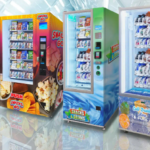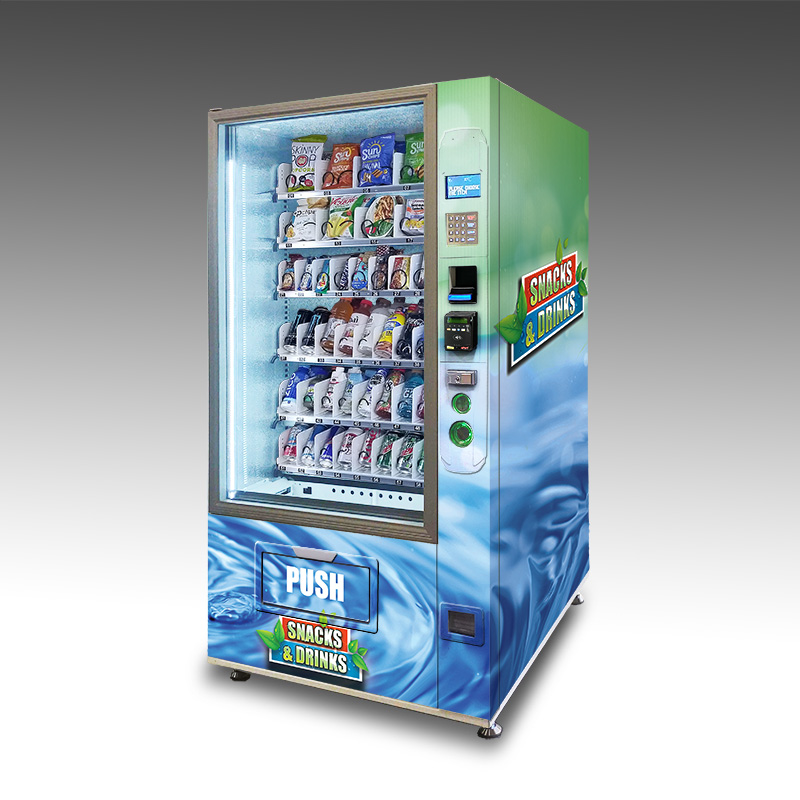2025 Top Digital Vending Machine Innovations for Smart Retail Spaces
As we venture into 2025, the retail landscape is undergoing a transformative shift, largely driven by technological advancements. One of the most exciting innovations in this evolution is the rise of the digital vending machine—a smart, automated solution that not only enhances consumer convenience but also enriches the shopping experience. These machines, equipped with cutting-edge technology, are redefining traditional retail spaces, offering personalized options and seamless transactions that meet the demands of today’s tech-savvy consumers.
In this article, we will explore the top 10 digital vending machine innovations set to shape the smart retail environment in 2025. From interactive interfaces to advanced inventory management systems, these innovations promise to revolutionize how products are accessed, purchased, and replenished. As we analyze each innovation, we will also consider the impact of these digital vending machines on consumer behavior and retail strategies, highlighting their role in creating a more efficient and engaging shopping experience. Join us on this journey into the future of retail, where technology and consumer needs intersect in exciting new ways.
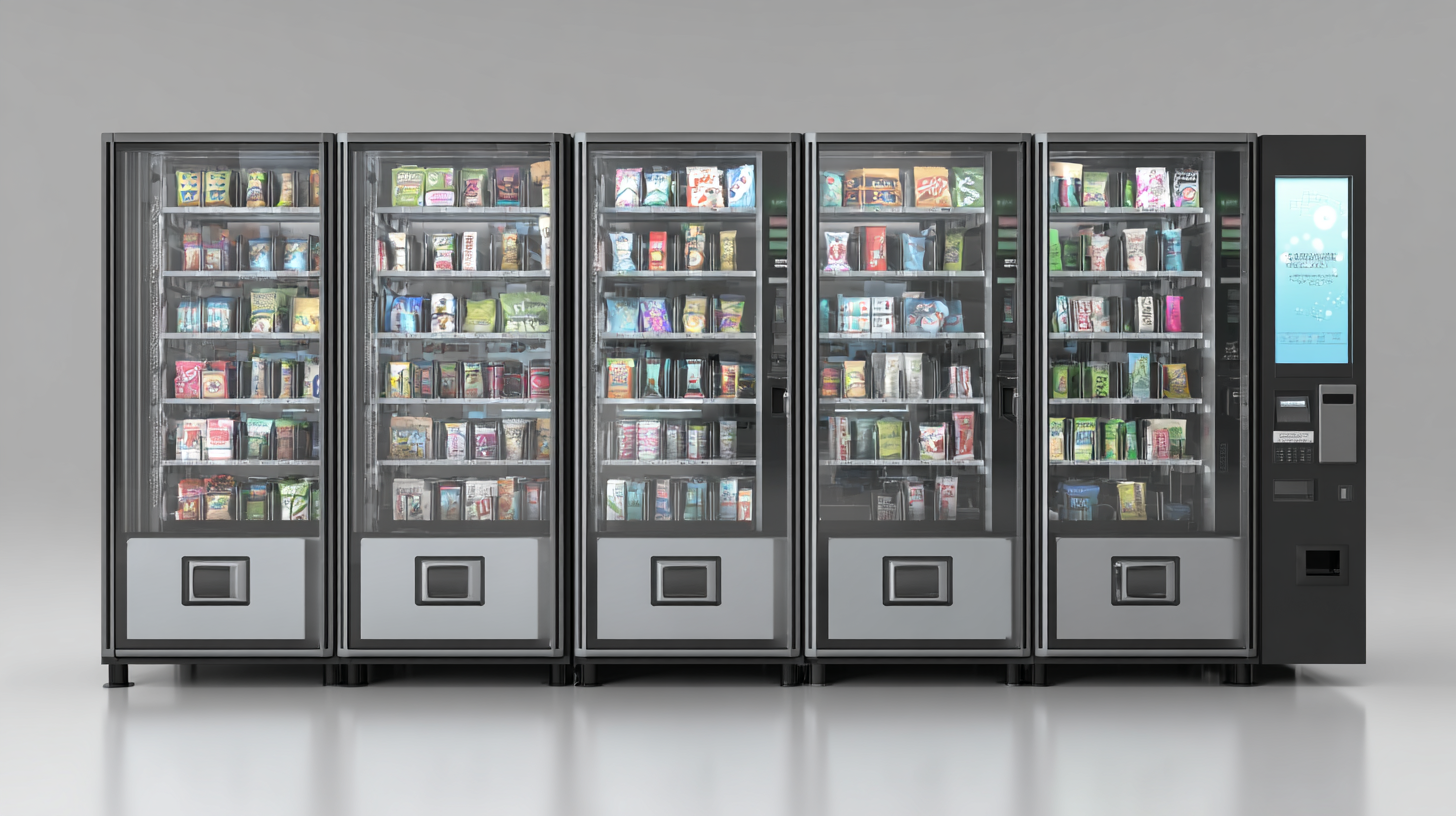
Revolutionary Payment Solutions for Digital Vending Machines
The digital vending machine landscape is rapidly evolving, especially with revolutionary payment solutions paving the way for smarter retail spaces. A recent report by MarketsandMarkets indicates that the global vending machine market is expected to reach $30 billion by 2025, driven by technological innovations and changing consumer preferences. One significant trend is the integration of contactless payment methods, allowing users to make swift transactions with just a tap of their mobile devices or smartwatches. This ease of use not only enhances customer experience but also promotes a more hygienic purchasing process, which has become increasingly important in recent times.
Moreover, advanced payment solutions such as facial recognition technology and mobile wallets have started to emerge in digital vending systems. According to a study by Statista, mobile payment transactions are projected to surpass $3 trillion globally by 2024, underscoring the growing reliance on digital wallets in everyday transactions. These innovations cater to the tech-savvy consumer base, encouraging impulse buying and increasing sales for vending machine operators. As digital vending machines become more integrated into smart retail environments, the ability to seamlessly process transactions will undoubtedly play a crucial role in their success.
AI-Driven Inventory Management Systems for Smart Retail
AI-driven inventory management systems are poised to revolutionize smart retail spaces by enhancing operational efficiency and customer satisfaction. These systems leverage advanced algorithms and real-time data analytics to optimize stock levels, reducing waste and ensuring that popular products are always available. By predicting consumer demand patterns, retailers can adjust their inventory accordingly, achieving a balance between supply and demand that minimizes holding costs and maximizes sales potential.
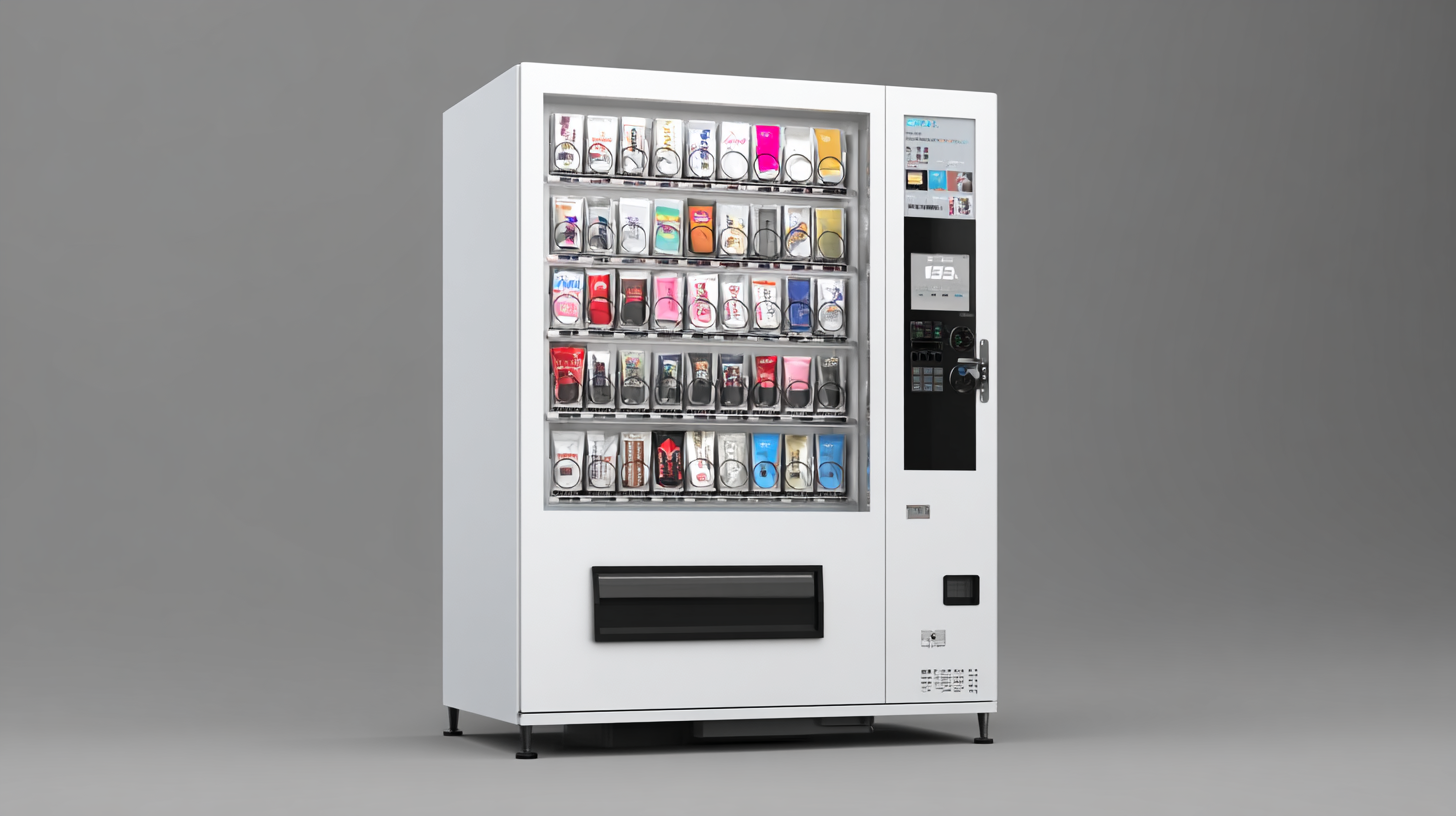
Moreover, the integration of AI technology into vending machines allows for dynamic pricing strategies that adapt to changing market conditions and customer behavior. By analyzing consumer interactions and purchase history, AI can provide personalized pricing and product recommendations, creating individualized shopping experiences that cater to the unique needs of each customer. As smart retail continues to evolve, the focus will be on creating seamless, intelligent environments where automated systems work in harmony with human expertise to enhance overall retail efficiency.
User-Centric Design Features Enhancing Customer Experience
In 2025, the landscape of digital vending machines in smart retail spaces is transformed by user-centric design features that significantly enhance customer experience. These innovative machines are becoming more intuitive, incorporating touchless technology and voice recognition systems that cater to the diverse needs of users. Such advancements not only streamline the purchasing process but also create a seamless interaction between customers and machines, driving engagement and satisfaction.
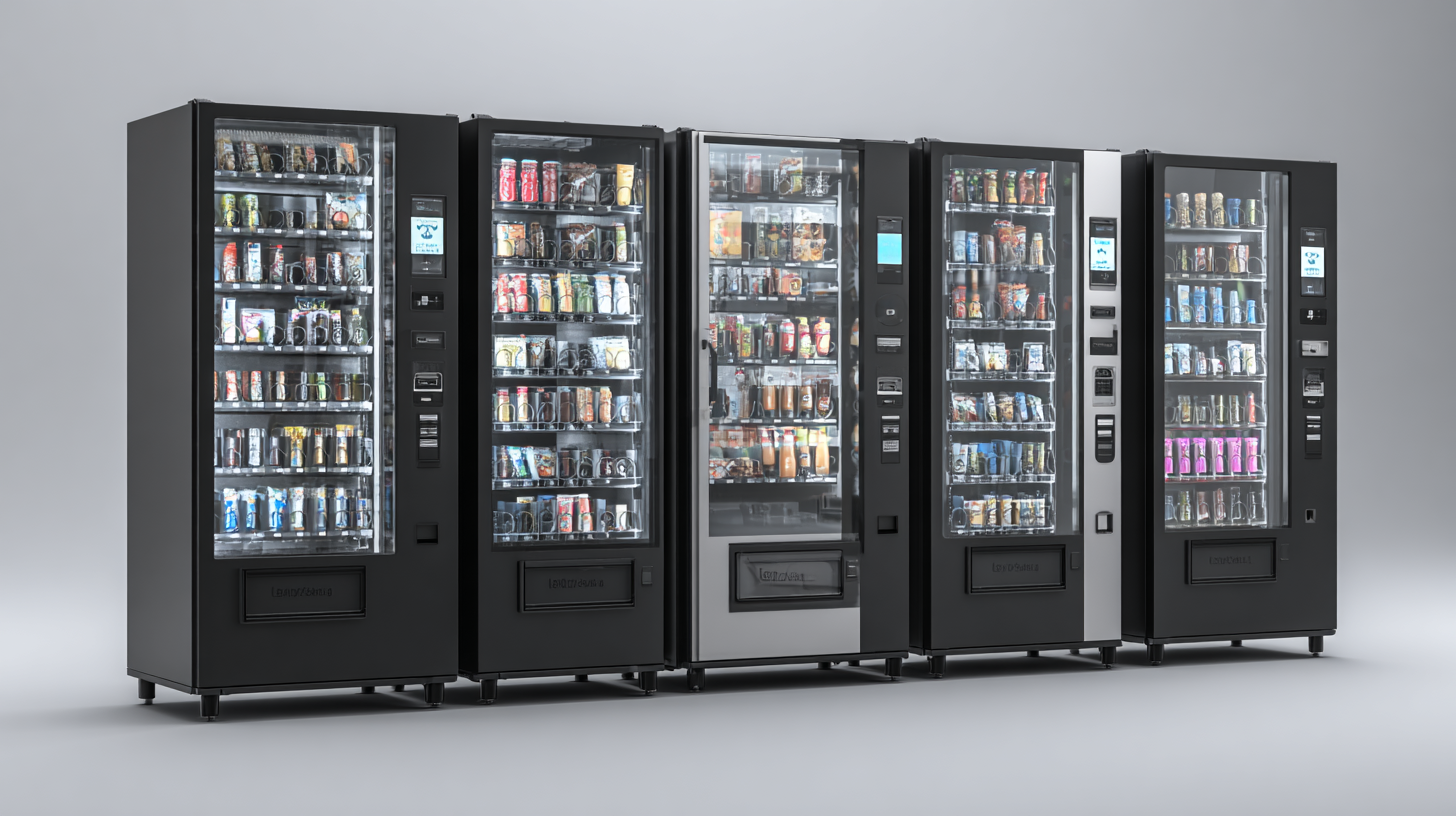
Moreover, the integration of personalized recommendations and loyalty programs within these vending machines allows for a tailored shopping experience. By utilizing customer data and AI-driven algorithms, these machines can suggest products based on previous purchases and preferences. This personalized approach not only enhances user experience but also fosters brand loyalty, as customers begin to feel a connection with the technology that understands and anticipates their needs. The result is a more enjoyable and efficient retail environment that aligns perfectly with the demands of the modern consumer.
Integration of Health-Conscious Product Offerings
As health consciousness becomes a priority for consumers, the integration of health-focused product offerings in digital vending machines is set to transform smart retail spaces. These innovative machines will not only dispense traditional snacks but also provide an array of nutritious options, including organic snacks, meal replacements, and functional beverages. By leveraging AI-driven algorithms, vending machines can curate selections based on real-time health trends and consumer preferences, ensuring that customers have access to wholesome choices that align with their lifestyles.
Furthermore, partnerships with local health food brands and nutritionists can enhance the credibility and appeal of these offerings. Digital vending machines can feature transparent labeling, detailing nutritional information and sourcing, catering to the informed consumer. In addition, gamification elements, such as rewards for purchasing healthy items, may encourage customers to make better dietary choices. This convergence of technology, nutrition, and consumer engagement positions the health-conscious vending machine as a pivotal player in the evolution of smart retail, ultimately fostering a culture of wellness in everyday shopping experiences.
Sustainability Innovations in Vending Machine Operations
The rise of sustainability in vending machine operations is transforming the landscape of smart retail spaces. As consumers become increasingly environmentally conscious, vending machine manufacturers are integrating eco-friendly technologies and practices into their systems. Innovations such as energy-efficient components, solar-powered machines, and the use of recyclable materials are gaining traction. These advancements not only minimize the carbon footprint but also reduce operational costs, making them appealing to both operators and consumers alike.
Moreover, the implementation of smart inventory management systems allows for a reduction in food waste, aligning with sustainability goals. By utilizing data analytics and AI, vending machines can be programmed to monitor product freshness and demand, ensuring that items are sold before they expire and that unnecessary replenishments are avoided. This intelligent approach not only enhances the customer experience but also supports retailers in maintaining a more sustainable operation, thereby encouraging a greener retail ecosystem.
Related Posts
-

Why Your Business Needs a Snack Machine to Boost Employee Morale
-

Unlocking Profits: How to Start and Scale Your Own Vending Machine Business Today
-
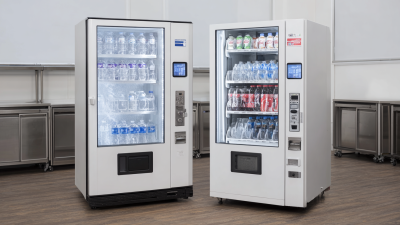
Unlocking Profits: How Ice Vending Machines are Revolutionizing the Beverage Industry
-

2025 Top 5 Vending Machines Every Business Should Consider for Boosting Sales
-

Unlocking the Secrets of the Vending Business for Aspiring Entrepreneurs
-
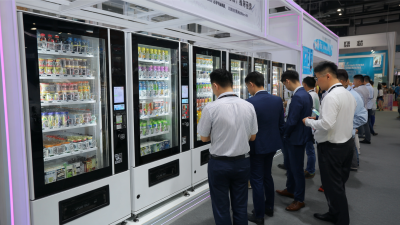
Transforming the Future of Retail with Refrigerated Vending Machines at the 138th Canton Fair 2025





